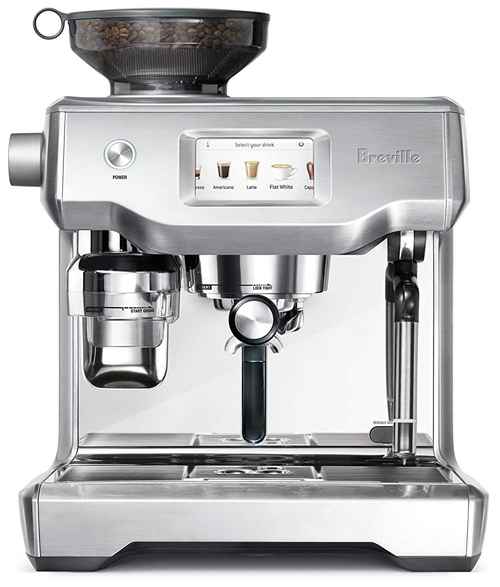With more time on people’s hands, a lot have directed their interests in gardening or simply taking care of a small house plant. A lot of these newcomers to the plant-keeping scene ask, “do coffee grounds help plants?”
Do coffee grounds help plants?
Now coffee, even though beneficial, has its downsides and it is the same with plants. Coffee grounds have positive effects on plants but wrong handling will have a detrimental effect on them.
Why are coffee grounds good for plants?
Here are a few reasons how coffee grounds can be of good use for houseplants:
Used coffee grounds can boost your compost
A good way of reusing your coffee grounds is by putting them in your compost. Putting coffee grounds in your compost adds a great amount of nitrogen and boosts the production of proteins that are great for plants. By adding coffee grounds to your compost pile, worms will be attracted. Having worms in your compost will increase the rate at which your plant is growing and becoming healthier as the worms turn the scrap into fertile compost. Before tossing your coffee grounds into your compost, remember to avoid using too much of it as they can clump together when reached by water, creating a barrier in your garden.
Great for the acid-loving plants
Another great reason why coffee grounds are great is that acid-loving plants are significantly helped by setting a good pH level. Plants like blueberries, azaleas, rhododendrons, and more are very fond of acid in their soil as it helps them produce healthy fruits and leaves. Coffee grounds are a lot more acidic when they are unbrewed so brewing them will decrease their acidity for more sensitive plants. An important note that plant-keepers should know is that tomato plants are not very fond of fresh coffee grounds. This means, keep the coffee grounds out of the area of tomatoes. When putting coffee grounds on the soil, simply sprinkle them around the tomato plant. Do not pile up the coffee grounds around the plant as they might clump together and stop any water from seeping.
A good liquid fertilizer
Mixing coffee grounds with water is a simple way of making a simple cup of coffee. But there is a different purpose mixing these two can serve. Mixing 2 cups of coffee grounds to 5 gallons of water and letting it seep into the soil overnight helps our plants grow beautifully. This mixture can also be sprayed directly to the leaves and stems of the plant for a direct feed.
An aromatic pesticide
Placing some coffee grounds around your plants will help keep your leaves from being dinner for snails and slugs. Coffee grounds are abrasive so a barrier around the plant can help on keeping snails and slugs out of the area. Though researchers are still skeptical about this advice, it is still a good precaution and is a harmless solution. Fortunately, most cats heavily dislike the strong smell of coffee grounds. So a sprinkle of coffee grounds on your garden will keep any cat from turning the garden into their litter box or from destroying our plants.
Other People Also Viewed:
- Can Coffee Cause Acne?
- Do Coffee Cause Headaches?
- Why Does Coffee Cause Dizziness?
- Why Does Coffee Dehydrate You?
- Is coffee a nightshade?
- Is coffee a legume?
Is used coffee grounds good for plants?
Do coffee grounds help plants? Not all! As much as plants love coffee grounds in their soil, there are plants such as broccoli, leek, radish, and sunflowers that grow poorer when coffee grounds are mixed with their soil or fertilizer. A seedling’s growth might also be stunted when exposed to coffee grounds at an early stage.
